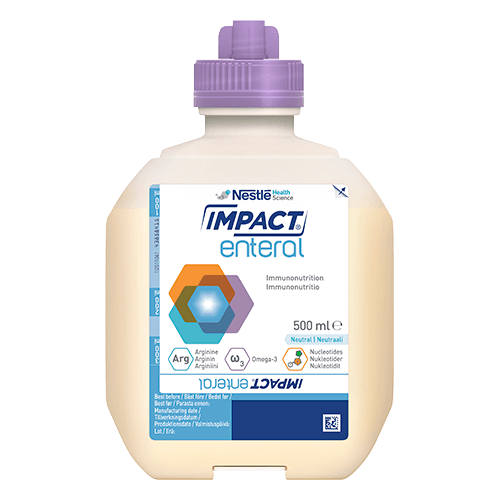
EAT RIGHT AND KEEP WEIGHT UNDER CONTROL
In overweight patients, the risk of surgical complications is increased. Athough losing weight may help recovery, patients should not start dieting if surgery is planned within the next month. They should just follow a healthy diet with foods that will facilitate healing (always sought a physician’s advice).
Source: http://www.webmd.com/healthy-aging/ss/slideshow-surgery-prep-10. Accessed December 2014.

BACK HOME SOON: FILL UP THE FRIDGE AND PANTRY
Source: http://www.webmd.com/healthy-aging/ss/slideshow-surgery-prep-10. Accessed December 2014.

FAST BEFORE SURGERY
There is a good reason that patients are told to fast before operations: anesthesia can trigger vomiting during or after the surgery. To prevent choking and complications like pneumonia (if food is inhaled), doctors’ instructions about when to stop eating or drinking must be carefully followed.1
1. http://www.webmd.com/healthy-aging/ss/slideshow-surgery-prep-10#Accessed December 2014.
Before surgery even takes place, appropriate nutrition can facilitate a better outcome. Indeed, clinical studies have proven that supplementing the diet with special nutrients can improve the body’s responses and reduce postoperative complications, even when the patient is considered well nourished.3 Depending on the procedure, the medical team might also decide to put patients on a specialized nutrional solution to enhance their immune system, which could lead to shorter hospital stays.4
After surgery, nutrition is essential to get patients back to their normal lives as soon as possible. Whether they can eat on their own or need to be fed with the assistance of a tube, the early delivery of the nutrients required by the body is important for recovery.4 We at Nestlé Health Science are fully aware of the benefits adequate nutrition can provide, which is why, among our nutritional therapies, we have designed specific formulations for the surgical environment.
1. Weiser TG, Regenbogen SE, Thompson KD. An estimation of the global volume of surgery: a modelling strategy based on available data. Lancet. 2008;372(9633):139-44.
2. Ljungqvist O, Dardai E, Allison SP. Basics in clinical nutrition: perioperative nutrition. E-SPEN, the European e-Journal of Clinical Nutrition and Metabolism. 2010;e93-6.
3. Windsor A, Braga M, Martindale R. Fit for surgery: an expert panel review on optimizing patients prior to surgery, with a particular focus on nutrition. Surgeon. 2004;2(6):315-9.
4. Martindale RG, McClave SA, Taylor B, Lawson CM. Perioperative nutrition: what is the current landscape? JPEN J Parenter Enteral Nutr. 2013;37(5 Suppl):5S-20S.


